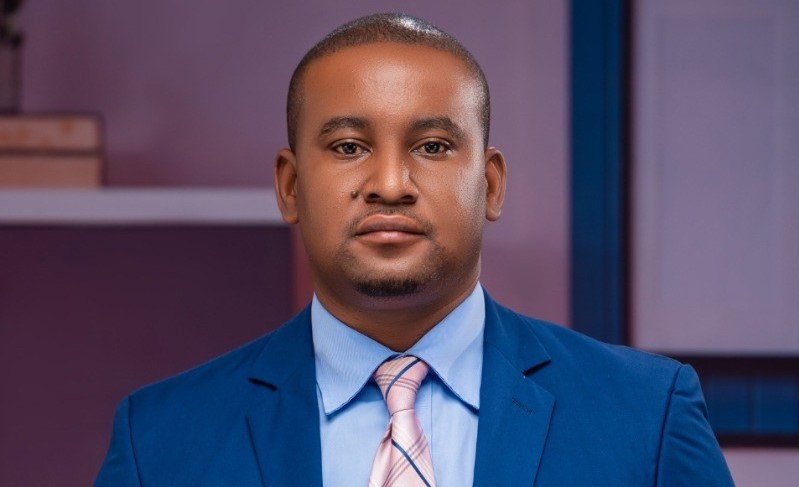Malawi’s electricity access off target
Malawi’s efforts to reap from her long-standing programmes aimed at increasing electricity access seem to be far-fetched, Business Review has established.
In 2018, the revised Malawi Government National Energy Policy set the target of universal access by 2030 in line with the government’s commitment to achieve United Nations Sustainable Development Goal 7.
This was built on the experiences of long-standing programmes to increase electricity access such as the USaid-funded Kick-Starter Programme, the World Bank-funded Malawi Energy Access Programme (Meap) and the Malawi Rural Electrification Programme (Marep).
An analysis by the World Bank shows that the ongoing Maep, which includes on-grid and off-grid components implemented by Electricity Supply Corporation of Malawi (Escom) and Ministry of Energy, respectively seek to connect 170 000 households to the grid and 200 000 to off-grid solutions by the end of 2024.
However, progress has been slow, with the World Bank data showing that as of May 2022, about 10 000 connections were made by Escom.

On the other hand, Marep, which started in 1980 with Escom as the implementing agency, had envisioned to increase rural electricity access from 11 percent as in 2019 to 30 percent by 2030, according to the Marep Masterplan.
However, several disparities between urban and rural areas persist, with only five percent of the rural population connected to the national grid against the urban’s 42 percent while the national electricity access rate is estimated at 19 percent.
In an interview, energy expert and former Escom chief executive officer Kandi Padambo said it is doubtful to reach the targets with the current penetration rate.
He said: “With Malawi, the most significant enablers to achieve our goals in the power sector are technical and financial capacities.
“With regard to technical capacity, this can be outsourced as we have always done if financial capacity is there. While the state, the government should take the lead, private investors should be solicited for participation.”
Former Escom board chairperson and economist Frederick Changaya said Malawi has everything it needs to develop the energy sector to a level that can meaningfully support the entire population.
He said: “What I see as a challenge is not money or financing. What I fear more is the utilisation of such funds.”
Ministry of Energy Principal Secretary Alfonso Chikuni said the government has prioritised the development of off-grid systems to complement State-owned Escom’s efforts to improve energy access from the current 19 percent to 50 percent by 2030.
Minister of Energy Ibrahim Matola is on record as having said the government will continue to implement energy generation projects to increase capacity to 1 000 MW by 2025.
Currently, Electricity Generation Company has a total installed generation capacity of 441.95MW, with 390.55MW from hydro power plants and 51.4MW from standby diesel power plants”.





